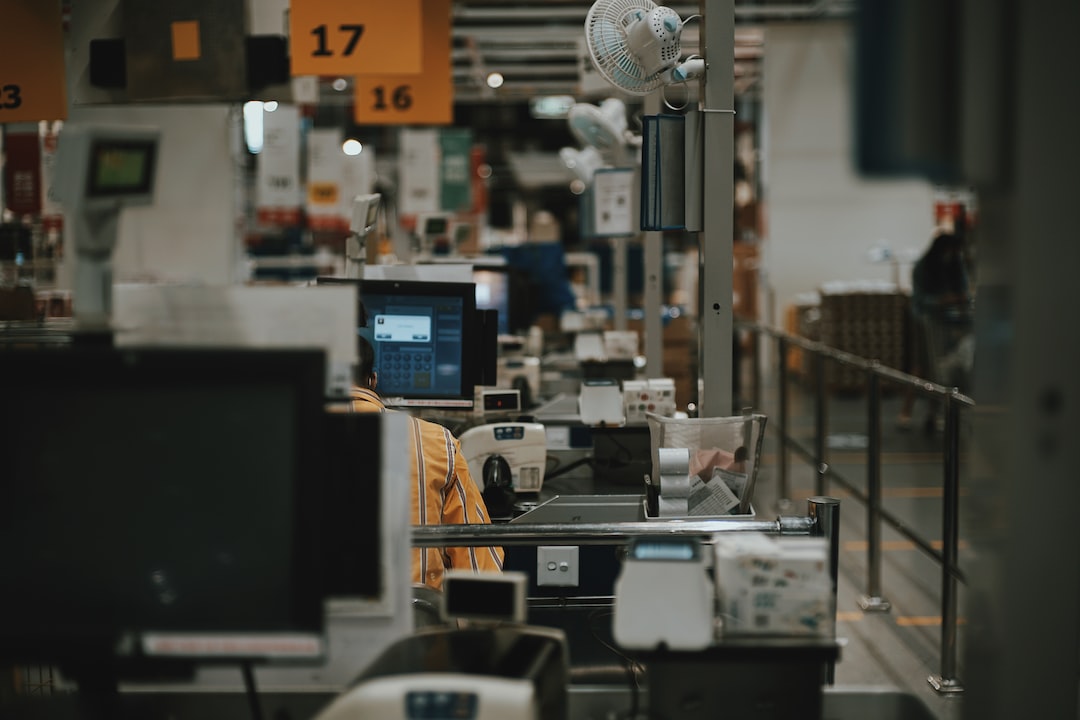The Role of Artificial Intelligence in Manufacturing
Artificial Intelligence (AI) has emerged as a game-changer in various industries, and manufacturing is no exception. With the ability to analyze massive amounts of data, learn from patterns, and perform intricate tasks, AI is revolutionizing the manufacturing sector. From improving efficiency and productivity to reducing costs and enhancing safety, AI is transforming the way manufacturing processes are carried out. In this blog post, we will delve into the significant role of AI in manufacturing and explore its impact on this ever-evolving industry.
One of the primary areas where AI is making a significant impact is in predictive maintenance. Manufacturing plants typically have a wide range of machinery and equipment that are critical to the production process. These machines are susceptible to wear and tear, which can lead to breakdowns and costly downtime. However, AI can now predict equipment failures by analyzing data from sensors, detecting anomalies, and alerting maintenance teams in real-time. By identifying the root causes of potential equipment failures before they happen, manufacturers can schedule maintenance activities proactively, thus reducing downtime and ensuring uninterrupted production.
AI is also helping manufacturers streamline their supply chain and logistics operations. The ability to collect and analyze vast amounts of data from various sources enables AI systems to optimize inventory management, improve demand forecasting, and enhance delivery scheduling. AI-powered algorithms can monitor and analyze market trends, customer preferences, and historical data to predict demand accurately. This leads to more accurate inventory decisions, reducing the risk of stockouts and overstocks. Furthermore, AI can optimize routing and delivery schedules, considering factors such as traffic patterns, weather conditions, and delivery priorities. As a result, manufacturers can minimize transportation costs, improve order fulfillment, and enhance customer satisfaction.
Moreover, AI is transforming the production process itself through automation and robotics. Machines equipped with AI algorithms can perform complex tasks with precision, speed, and consistency, outperforming human capabilities in many instances. For instance, in the automotive industry, robotic arms powered by AI can assemble intricate car parts with incredible accuracy, reducing errors and increasing production efficiency. Similarly, in the electronics industry, robots equipped with AI algorithms can solder tiny components onto circuit boards with utmost precision, surpassing human dexterity and reducing defects. Furthermore, AI-powered robots can work continuously without the need for breaks, thereby increasing productivity and lowering labor costs.
AI is not only improving efficiency but also ensuring product quality and safety. AI can analyze vast amounts of data generated during the manufacturing process to detect patterns, identify defects, and predict potential quality issues. By analyzing historical data, AI algorithms can learn what combinations of parameters lead to a high-quality product and use this knowledge to adjust manufacturing processes in real-time. This reduces the occurrence of defects, minimizes rework, and ultimately leads to higher customer satisfaction. Additionally, AI can enhance safety in manufacturing plants by detecting abnormalities in real-time and taking immediate actions to prevent accidents. For example, AI-powered surveillance cameras can identify unusual activities or hazardous conditions, alerting security personnel or automatically shutting down processes to prevent accidents.
AI is also playing a crucial role in the field of supply chain risk management. With global supply chains becoming increasingly complex, manufacturers face numerous risks, such as natural disasters, geopolitical uncertainties, and supplier failures. AI can help mitigate these risks by analyzing vast amounts of data, monitoring various risk factors, and providing real-time insights. AI algorithms can assess the impact of potential risks on the supply chain, simulate different scenarios, and recommend proactive measures to minimize disruptions. Manufacturers can thus make informed decisions and develop robust risk management strategies, ensuring the resilience of their supply chains.
In conclusion, AI is revolutionizing the manufacturing industry by enhancing efficiency, productivity, and product quality. From predictive maintenance and supply chain optimization to automation and product quality control, AI is transforming every aspect of the manufacturing process. As manufacturers embrace AI technologies, they can expect reduced downtime, improved inventory management, higher production efficiency, enhanced customer satisfaction, and a safer working environment. With continued developments in AI, we can expect even greater innovations and advancements in the manufacturing sector, paving the way for a more intelligent and sustainable future.

